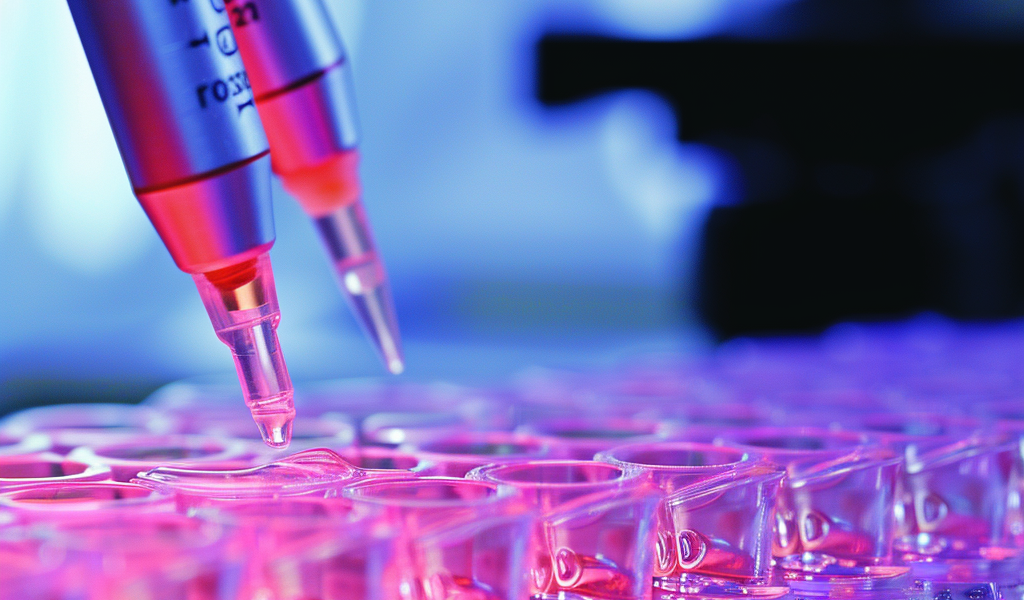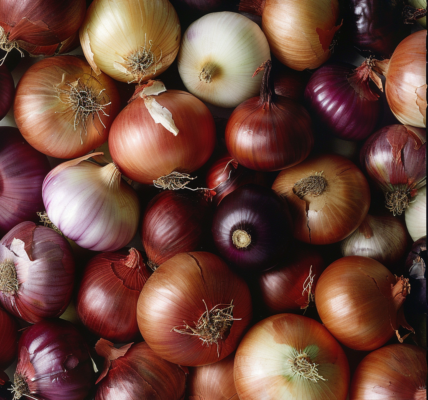Analysis of related factors of plasma antibody levels in patients with severe and critical COVID-19
By Yudi Xie, Yang Xia, Haixia Xu, Jue Wang, Wei Zhang, Ling Li & Zhong Liu
Coronavirus disease 2019 (COVID-19) continues to impact global public health. The severe acute respiratory syndrome coronavirus 2 (SARS-CoV-2) has become less virulent as it mutates, prompting China to ease restrictions at the end of 2022. With the complete reopening, a surge in COVID-19 cases has ensued. Therefore, a study was conducted to explore the correlation between plasma antibody levels and baseline conditions or clinical outcomes in severe and critical patients.
Basic information of 79 included patients was collected, and enzyme-linked immunosorbent assay (ELISA) tests were performed on plasma samples. The receptor-binding domain (RBD) IgG antibody level of the mild group was significantly higher than that of the severe/critical group. In the severe/critical group, there existed an association between plasma antibody levels and age.
Correlation analysis was conducted to explore the association between plasma RBD (Omicron BA.4/5) IgG antibody levels and baseline characters or patients’ outcomes. The results showed a moderate association between plasma antibody levels and age. In the mild group, plasma antibody levels were associated with basic diseases and patients’ vaccination history, with higher antibody levels in vaccinated patients. Subsequent analysis of the patients’ specific vaccination status yielded consistent results. No associations were found with other variables.
Based on the aforementioned analysis results and literature reports, age, gender, basic disease, and vaccination status were taken as the independent variables for further analysis.





